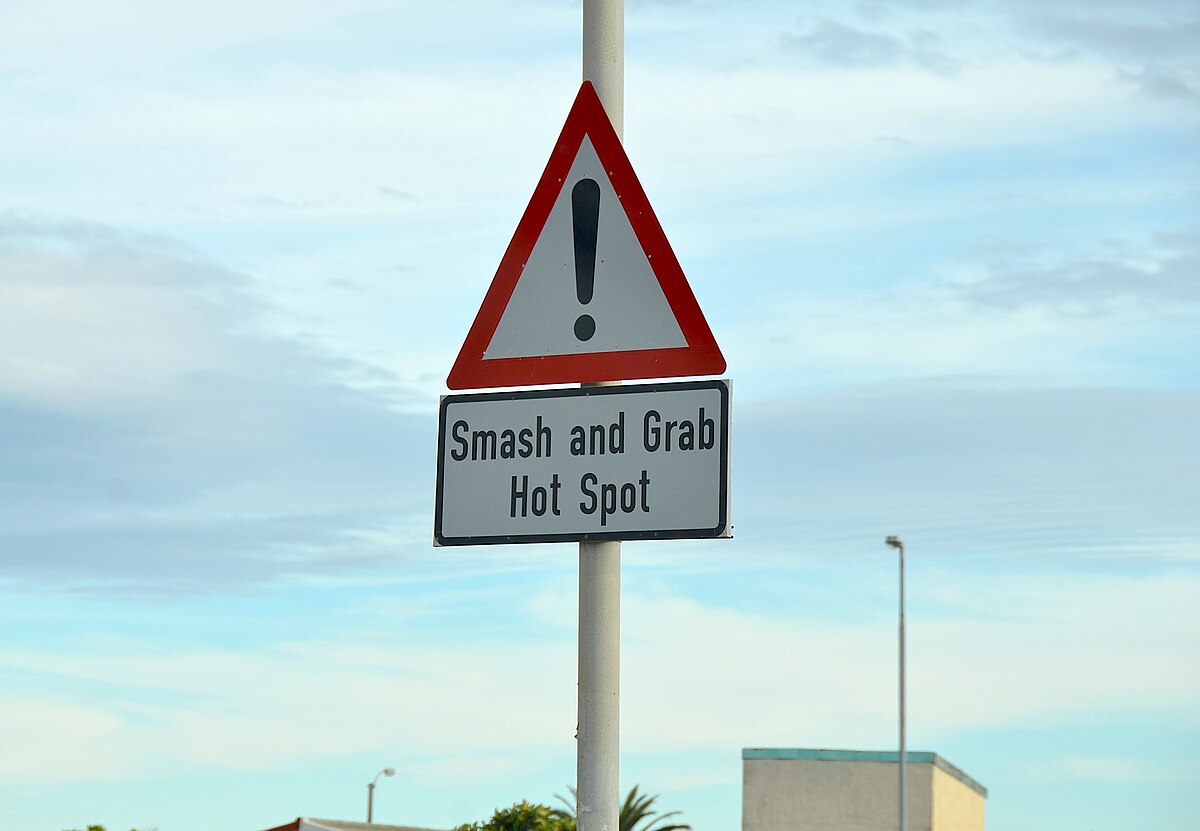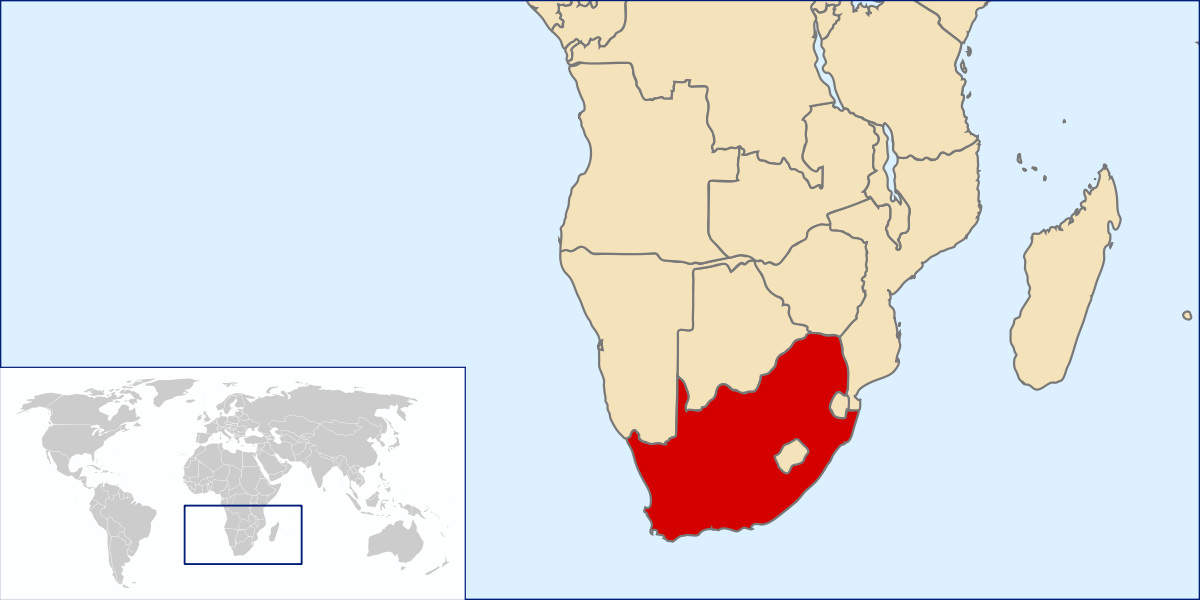It isn't a case of apartheid was linked to communism, the connection is that while apartheid was practiced by a Western government, those groups fighting against it were prime candidates for use by communist governments (i.e. specifically the Soviet Union) to destabilize the Western government with a view to installing a communist or at least pro-Soviet government.
Once the Soviet Union was no longer able to fund anti-Western organizations (whatever the aims of those organizations were, e.g. Greenpeace, ANC and dozens of 'social reform' groups throughout the West), those organizations had to look elsewhere for funding. The ANC launched a worldwide campaign for funds and members visited Australia, the US, the UK and so on. Since the threat of a communist or pro-communist South Africa was now a thing of the past (due to the collapse of the Soviet Empire), the US, UK, Australia et al no longer had to support the white (apartheid) South African government.
They in fact went about supporting the dismantling of white rule in South Africa, some of this was recognition that the Cold War threat was gone and some of it was guilt for supporting a racist regime.
The "end of communism" meant the end of Western support for South Africa, the only white ruled Western nation in Africa and the nation specifically in control of the strategic sea lane between the Atlantic and Indian oceans. The US and UK had allowed white South Africa to continue a racist policy of government so as to ensure a non-communist control over that part of the world. With the end of communism, the chance of South Africa becoming communist became null and void and so they helped the black struggle groups by not helping the apartheid regime.
Once the Soviet Union was no longer able to fund anti-Western organizations (whatever the aims of those organizations were, e.g. Greenpeace, ANC and dozens of 'social reform' groups throughout the West), those organizations had to look elsewhere for funding. The ANC launched a worldwide campaign for funds and members visited Australia, the US, the UK and so on. Since the threat of a communist or pro-communist South Africa was now a thing of the past (due to the collapse of the Soviet Empire), the US, UK, Australia et al no longer had to support the white (apartheid) South African government.
They in fact went about supporting the dismantling of white rule in South Africa, some of this was recognition that the Cold War threat was gone and some of it was guilt for supporting a racist regime.
The "end of communism" meant the end of Western support for South Africa, the only white ruled Western nation in Africa and the nation specifically in control of the strategic sea lane between the Atlantic and Indian oceans. The US and UK had allowed white South Africa to continue a racist policy of government so as to ensure a non-communist control over that part of the world. With the end of communism, the chance of South Africa becoming communist became null and void and so they helped the black struggle groups by not helping the apartheid regime.





 )
)
Comment